One definition of ‘optimism’ I read refers to one’s confidence that the results of any situation will be mostly positive, good, or favorable. In the school bus business, we approach every day with a sense of optimism. For every day we are responsible for transporting 25 million children to school on our nearly half a million yellow school buses.
My assumption is that we do that with a complete sense of confidence that those trips will all be safe. And from that confidence comes optimism.
As we approach the start of the 2023-2024 school year (!), I think it’s important that we recognize where that confidence and optimism come from. It’s not just that we are all full of ourselves and feeling good about our work. It’s rooted in the work we have done as an industry to make safety JOB #1.
We can be optimistic at the start of a new school year because we are a part of the greatest transportation system in the world. Our colleagues across America transport over 25 million children to and from school safely each day. No other form of transportation can boast of those numbers…or that safety record. None.
It has been said that that record of success and safety ‘is no accident.’ I believe there is no truer statement. Our safety record is the culmination of hard work and high standards at all levels of our operations. It is the sum of all the various parts of our operations, for we know that safety is also a team sport. Everyone must do their part to ensure that our children are safe on their school bus ride.
Those who know me know that I have said this before. We need to learn how to ‘pound our chests’ about what we accomplish daily. Our school buses and our school bus drivers make education accessible and possible for the children of America. Our school buses make it possible for many parents to get to work on time because by delivering their children to school, we allow them to avoid the lines that would otherwise occur at our schools. Our school buses enable students with disabilities to get to their classrooms safely, thereby ensuring their right to a ‘free and appropriate’ public education.
During the COVID emergency, thousands of school bus drivers remained on the job and took on the responsibilities of delivering computer equipment to students and delivering food or homework to children in need. They parked their buses in remote areas to allow children who were without internet services to do their homework and link into their remote classes. We cannot let time erase the reality of what we and our drivers did during one of America’s most difficult times and trials. Those efforts speak eloquently about who we are and how we operate as a profession.
At the same time, it’s important that we remember, and we remind the public, about the extraordinary efforts that we make to ensure safety. Across the nation, states, and school bus operators (both public and private) engage in extensive training for the men and women who are the drivers of those yellow school buses we see on our streets and in our communities. In addition to very intensive training and licensing procedures driven by federal law and regulations, most states supplement driver training to further assure their readiness to transport children. We know that a qualified and prepared school bus driver is the key element for safety. And we make a principled decision to invest in their excellence.
Not only that, but we are also proactive in seeking out new and better vehicles and equipment and systems for our transportation programs. Our vehicles are the safest mode of transporting students, and their design and manufacture are getting more and more sophisticated and safety conscious. We have all been diligent about the inspections, preventive maintenance and on-going maintenance that are so necessary to bringing a safe, road-worthy school bus to every bus stop.
We have so many elements contributing to child safety and operational efficiency of which we should be proud. And we also have adopted a culture of continuous improvement that helps to ensure that we learn from our mistakes or that we reduce our mistakes dramatically.
And that is where I would draw the greatest degree of optimism. We continue to evolve as an industry. We have been forced often to confront new issues and new challenges. And in every case, we have risen to the challenge. Transportation professionals are inherently problem solvers. We see what needs to be done and we just do it.
Think of the changes and challenges in our business today and how we are taking them on…We are seeing a major shift in how we power school buses as many operators step into the electric bus arena, while others choose to utilize propane and even revert to gasoline engines. Many transportation leaders are finding new and creative ways to recruit, train and retain school bus drivers as we continue to face a shortage of qualified individuals. The profession is diversifying as more women and persons of color move up into leadership positions after having served as dispatchers or trainers or technicians over their careers. We are also seeing individuals from different educational backgrounds join our ranks and bring different perspectives on management and collaboration with other school officials. We have increasingly focused on the students of today so that school bus drivers are more aware of their needs and social values and can be more sensitive to and responsive to them. Social forces have prompted us to engage in discussions about parent concerns and activism, violence in school bus settings, active shooter threats, health-and-wellness matters and more. This expanding inventory of issues and trends is also moving us to collaborate with new partners in our schools and in our broader community.
In 1996, when I first came on the scene as a fledgling association manager, these were not the issues of the day. The issues have evolved and expanded over the years and the magical fact is that the school transportation profession has evolved and expanded accordingly. We are always ready to do what’s needed and to take on the challenges that present themselves.
As we enter the 2023-2024 school year, I am optimistic that we will step up big time for the children we transport and for the future of the profession we hold so dear.
Peter Mannella (pfman5@gmail.com) is chair of the NAPT Public Policy Committee.


